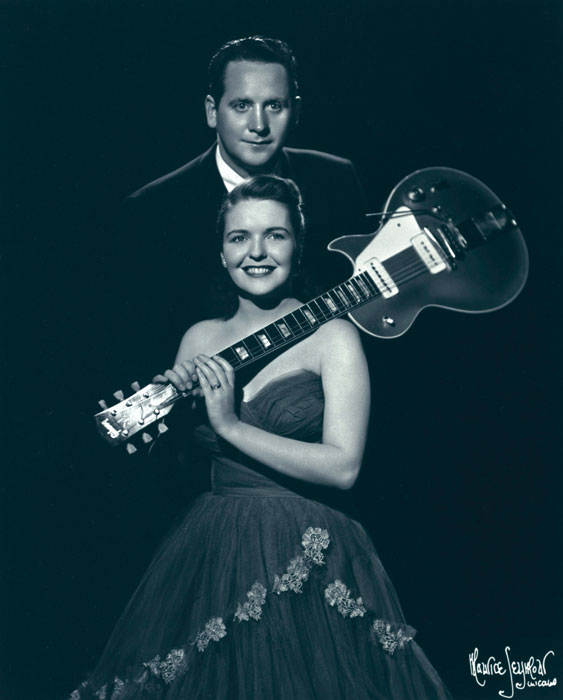If you’re into playing guitars, you’ve probably heard of the Gibson Les Paul. So, was the Gibson Les Paul inspired by Les Paul himself? Damn, right! To be precise, Gibson brought Les Paul on board as a consultant during the development of the guitar.
For a warm introduction, below is a performance of Les Paul and his wife, Mary, singing “There’s No Place Like Home” live.
So, what’s the topic? Nothing, actually. I just wanted to write about him because first, I love Gibson Les Paul and secondly, I find his life journey to be quite interesting, inspiring and I just can’t help but love it. Maybe I also a little bit envy both Les and Mary, hah. Obviously, I’m only referring to the good times.

Anyway, the couple met each others in the summer of 1945 and began their musical duo. Cool, right? Sadly, the couple broke up because of the differences in lifestyle. And due to the rise of rock n roll at the time, their career didn’t survive either. Going from #1 on Billboard to non-existent.
“Things unfortunately were slowly deteriorating on the home front. Mary was used to relaxing at home and enjoying the easy-going lifestyle, while Les kept up his busy pace, going full-tilt and staying up late working long hours. Mary became exhausted from their active schedule..”
Robb Lawrence
Page 47 of The Early Years of the Les Paul Legacy: 1915-1963
https://www.goodreads.com/book/show/1992188.The_Early_Years_of_the_Les_Paul_Legacy
It sucks, doesn’t it? Les didn’t get remarried, it’s unclear if he dated anyone after their divorce as some folks prefer keeping their dating life entirely private until they’re in the serious stage. Mary on the other hand went for her fourth marriage with Donald E. Hatfield, a high school classmate. Unfortunately, Mary passed away early in 1977 at the age of 53 due to alcohol abuse, while Les died in 2009 at the age of 94 from pneumonia.

Long ago, I read a book called “How to Perform Under Pressure” by Hendrie Weisinger, which is grounded in scientific research rather than just anecdotal evidence crap you see on social media. The book argues that too much pressure is not good for anything and while it is obvious for some of us, there’s a crowd of people out there who falsely believe that excessive pressure and stress helps us be more productive in life and some even falsely believe that pressure helps sports players score higher. And do you folks also feel that we live in the age where toxic productivity is celebrated? Or is it only because I live in one of the busiest city?